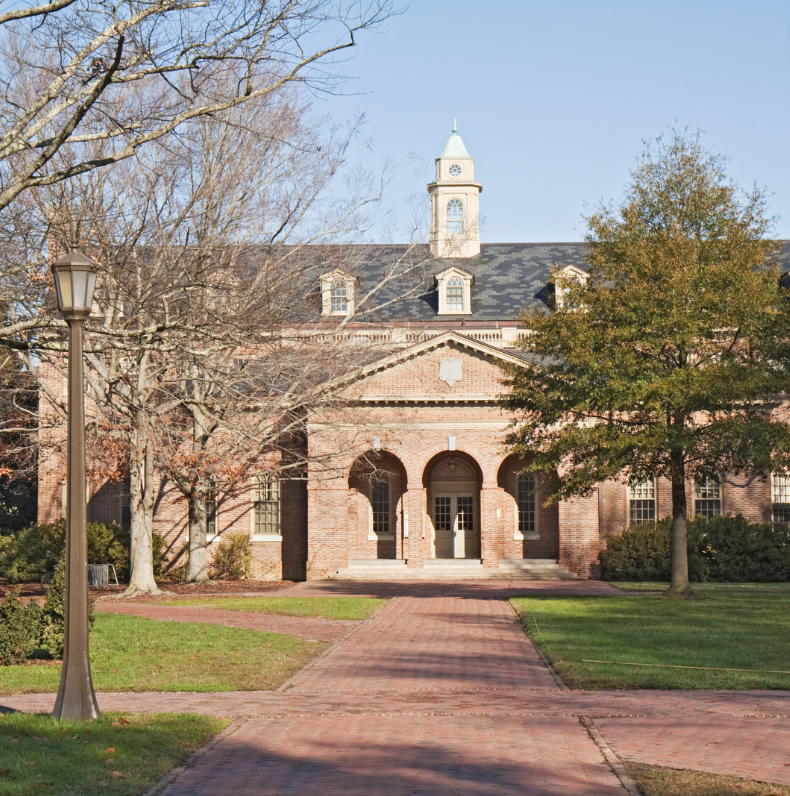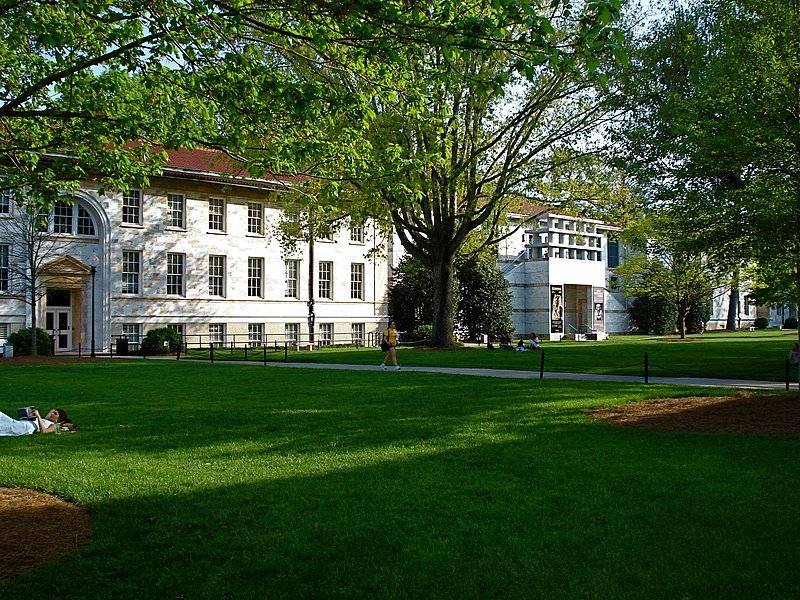Boy, have we been swamped this season - and blogging keeps taking a backseat! Better late than never, right?
BIGGEST RECENT COLLEGE-RELATED NEWS
COMMON APPLICATION ® 2025-2026 ESSAY PROMPTS RELEASED, CHANGES TO ADDITIONAL INFORMATION SECTION
The Common App ® released their 2025-2026 essay prompts, and they will be the same as last year. However, applicants will see substantial changes in the Additional Information section. First, the word limit for the main Additional Information response will be shortened considerably - to 300 words, down from 650. Second, the “community disruption” question relating to Covid-19 will become a “challenges and circumstances” question. Applicants will be able to describe particular obstacles that they have overcome and share an additional piece of writing about them.
AMAZING NEWS FROM THE HILLTOP
On a related note, word on the street is that Georgetown will finally begin allowing applicants to use the Common Application ® system to apply for admission! According to student newspaper The Hoya, Georgetown will begin accepting the Common Application ® starting with the fall 2026 application cycle, impacting applicants for the undergraduate Class of 2031. Sorry, juniors! Until now, Georgetown was one of the few top-ranked institutions, including MIT and the University of California system, that has required students to apply using a very time-consuming institutional application. Georgetown’s Dean of Undergraduate Admissions, Charlie Deacon, is well known for his long-time criticism of the Common App ® - so this is really a significant shift.
COLUMBIA CHANGES POLICIES IN RESPONSE TO FUNDING CUTS; PENN, MICHIGAN, STANFORD, AND HARVARD MAY BE NEXT
Columbia has agreed to make big changes to its campus policies after the Trump administration cut off $400 million in federal funding. The government said the school didn’t do enough to stop antisemitic harassment and violence, especially during heated protests related to the Israel-Gaza conflict. Some of the new policies include a leadership overhaul of the Middle Eastern studies department, a formal definition of antisemitism, an internal review of the admissions process to reduce bias, and new regulations relating to protests. Changes at Penn may be next. The administration just cut off $175 million of federal funding as a result of the school’s policies on transgender athletes. Michigan, Stanford, and Harvard are now under investigation as well.
TRACKING NEW ACT POLICIES
As most of our readers likely know, the new ACT rolling out online this spring and in paper this fall will not have a required science section. Instead, it will be optional. However, it’s hard to know what this means for students. Do they need to take it anyway? Will colleges accept score reports without science? How about super-scoring - can you super-score between tests? Compass Prep has put together a great chart that compares policies at various colleges and universities - and also indicates which ones have not yet shared their plans. Don’t be fooled by the date at the top of the their page - this continues to be updated as schools release policies.
DOES YOUR COLLEGE ACCEPTANCE REALLY COUNT IF YOU DON’T HAVE A BED PARTY PIC TO SHOW FOR IT?
(Yes, it most certainly does). If you aren’t familiar with the bed party trend, you can learn all about it here! I have to say, I don’t love these. In a world where the college admissions process has become increasingly unpredictable and competitive, the last thing we need is one more thing for kids to feel anxious about. These types of celebrations can be a source of incredible stress for students - mainly with regard to having to share their college decision publicly. And seriously - all that food in bed? Yuck!
BEST RECENT ARTICLES
Could your family survive if your income was cut by almost 30% overnight? “Something would have to give, and fast,” reflected Ian Bogost of The Atlantic. In his recent article, “A New Kind of Crisis for American Universities,” Bogost compares this type of household financial shock to the exact one that colleges and universities in our country face right now in the aftermath of new federal government funding regulations.
As Bogost explains it, federal research grants have always come with additional funds allocated for directly related overhead; in other words, while a grant itself might pay for the salaries of professionals conducting a particular type of research, there are still many related costs necessary to carry that research out. For example, expenses related to lab space and research equipment, or the costs of administrative support. These can be substantial: in some cases, they can amount to more than 60% of the cost of the grant itself.
These overhead expenses have now been capped at 15% of the cost of the grant, effective immediately. Some universities could lose more than $100 million annually as a result, forcing them to make tough choices. It’s just like we tell our kids: money doesn’t grow on trees! That money has to come from somewhere.
Reporters from The New York Times agree, writing that these budget cuts are a key factor leading to the current “moment of extraordinary turmoil” in today’s higher education landscape (along with changes relating to affirmative action, campus culture, a shifting admissions process, and more).
While some of the cuts have been temporarily blocked in court, the uncertainty has already sent universities scrambling to find solutions. We’re about to see faculty cuts, fewer student life resources, a reduction of research opportunities, and even increases in tuition in order to cover the enormous financial gap.
We encourage all families to research the extent of proposed changes at each college under consideration by their students. Cuts will be different at each institution, so it’s important to try to minimize the extent of the direct impact on an individual student’s plans and needs.
–
Interested in the University of Michigan? You and everyone else! Michigan has consistently been one of our students’ top-choice schools over the years. Unfortunately, the school has seen a notable increase in undergraduate applications, leading to a record-low acceptance rate of 15.64% in 2024. And it’s important to recognize that those published statistics involve a combination of in-state and out-of-state applicants, so the acceptance rate for out-of-state applicants is surely going to be considerably lower. Want to learn more? Don’t miss this article on the last 20 years of admissions data in the Michigan Daily!
–
Many parents assume that if their teen is doing their homework and getting decent grades, they’re engaged in school. But a new study examined by Jenny Anderson and Rebecca Winthrop in The Atlantic suggests that a huge number of middle and high school students are simply "coasting": showing up, doing the bare minimum, and not really caring about what they’re learning. “Think of them as the original quiet quitters,” Anderson and Winthrop joke. Researchers call this "Passenger Mode," and it has long-term consequences. If this rings a bell, check out the piece for some suggestions to help your teens move out of Passenger Mode before college begins!
OFFICE HAPPENINGS
I can’t believe it’s spring already! Our juniors have made lots progress on essay writing already and are plugging right along on schedule - they are going to be so relieved next year when they finish all of their applications early!
In other news, I was able to visit Vanderbilt a few weeks ago. Did you know that the university is preparing to launch its first new college in forty years? The College of Connected Computing will offer interdisciplinary programs relating to innovation, AI, data science and more. While details of the specific programs have not yet been announced, we’re eager to learn more in the coming months!
Also, a pro tip to share: if you are visiting Vanderbilt anytime soon, grab brunch at The Butter Milk Ranch. And check in first online so you don’t have to deal with the 2-3+ hr wait! AMAZING!















































































